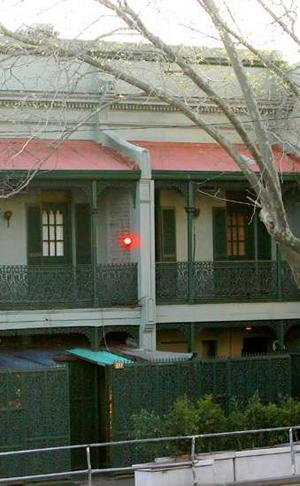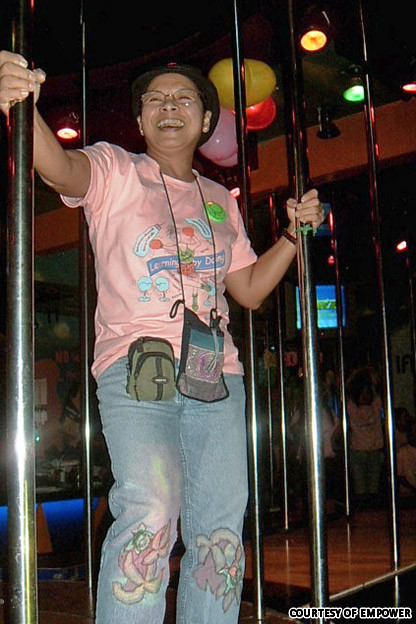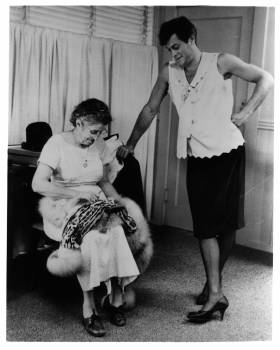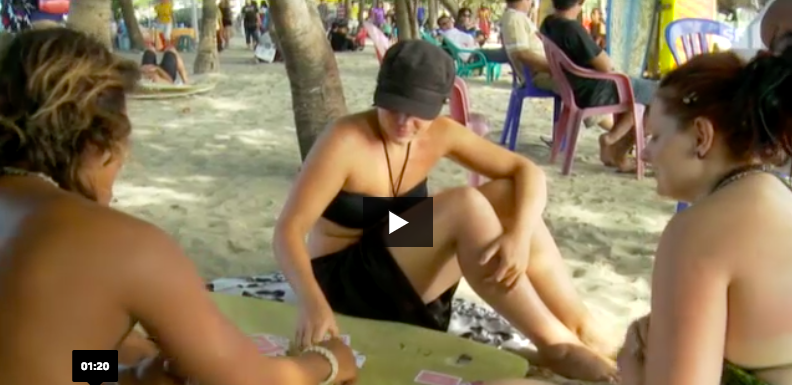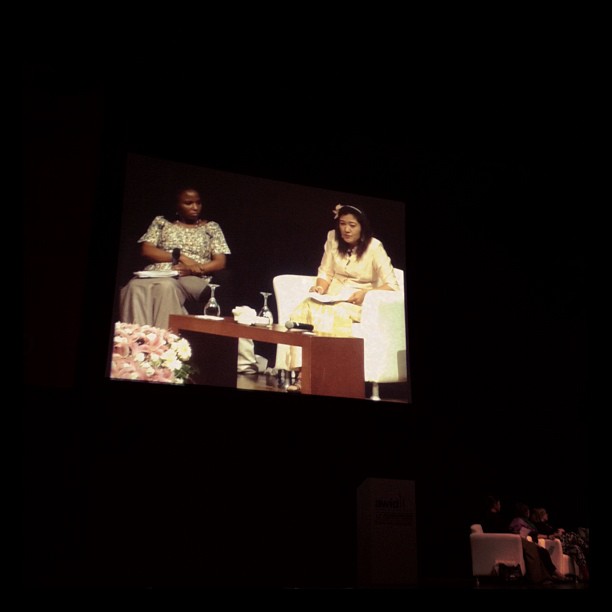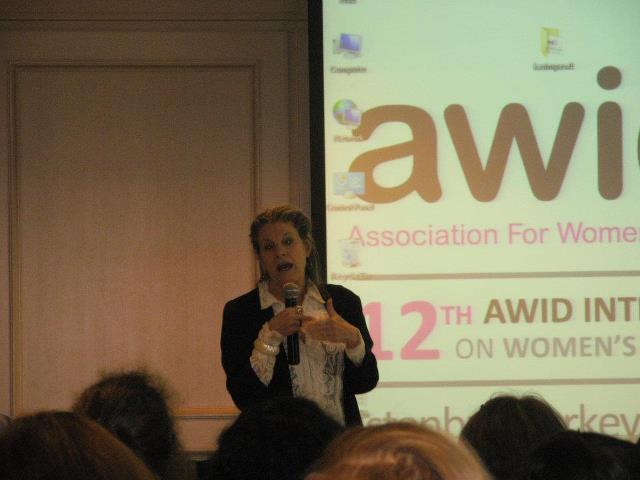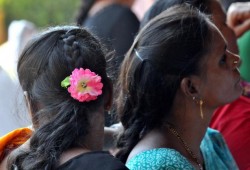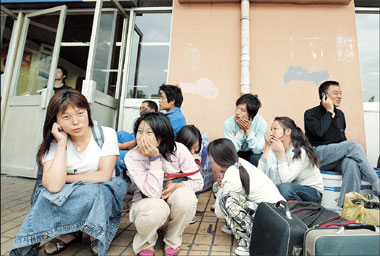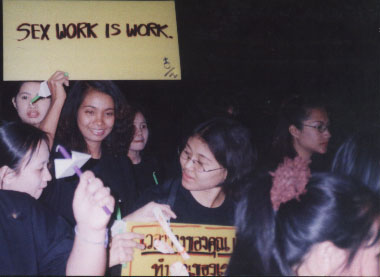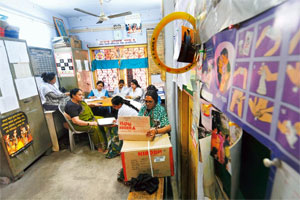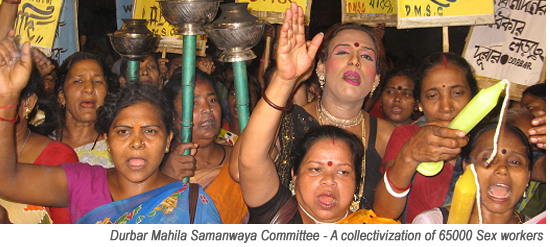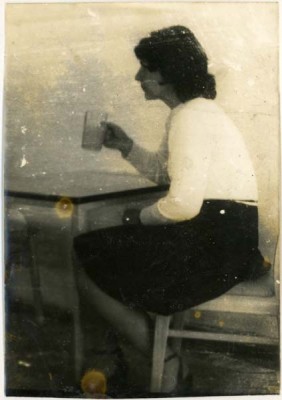 Since last spring I’ve been providing Naked Anthropologist News to Radio Ava, a sexworker project in London. Something between tweeting and blogging, these news-bits are meant to be brief and critical, if not downright cutting. I choose a few things that struck or angered me most from the previous month’s online news. I link to an original news story and then quote sex workers as opinionators whenever possible as well as saying what I think. The latest edition was for 9 January. Note on the photos at the end.
Since last spring I’ve been providing Naked Anthropologist News to Radio Ava, a sexworker project in London. Something between tweeting and blogging, these news-bits are meant to be brief and critical, if not downright cutting. I choose a few things that struck or angered me most from the previous month’s online news. I link to an original news story and then quote sex workers as opinionators whenever possible as well as saying what I think. The latest edition was for 9 January. Note on the photos at the end.
In France
250 sex workers in France appeal to the European Court of Human Rights
Two hundred fifty sex workers in France have taken the 2016 law criminalising their clients to the European Court of Human Rights. Reasons given include:
‘We’ve exhausted the legal possibilities in France…
‘We reproach the French state for not assuring the fundamental liberties of sex workers…
‘Voices of sex workers are systematically ignored.’
To make a human-rights case, plaintiffs must show systematic discrimination, as when a governmental structure fails over time to take specific testimonies into account, not because of momentary bias or apparent coincidence. And not because of whore-hating writings by fanatics!
In China
China Scraps Extra-Judicial Forced Labor for Sex Workers
China banned prostitution after the Communist revolution in 1949, sending women into ‘custody and education’ programmes: Rehabilitation via forced labour, in other words.
The government wants us to believe Communism succeeded in abolishing prostitution and now claim prostitution ‘returned with a vengeance after landmark economic reforms began in the late 1970s.’ Since abolition rhetoric doesn’t suit China’s current public image, they’ve announced the ‘system’s historical role has been completed.’
Meaning what? Do they think all sex workers have been cured of the impulse to sell sex? No, because if they were then why does prostitution remain illegal, with punishments of both detention and fines?
The usual police ‘crackdowns’, as China routinely calls them, are sure to continue as usual.
 In Nigeria
In Nigeria
Nigerian judge declares sex work is not a crime
The judge said it’s not a crime to sell sex ‘since there is no law that forbids it’ and awarded damages to 16 women arrested for prostitution in 2017 when police raided private homes. The item goes on to mention more than 60 women arrested for prostitution in the capital city, Abuja. The women said they were harassed, extorted and publicly shamed.
Although the judgement sounds like good news, it will be open to different interpretations. In Spain, for example, where there is no law defining prostitution as either legal or illegal, sex workers’ rights campaigners have long protested police behaviour and confusing policy. They want a statement in law.
Let’s see what happens next in Nigeria, where police are sure to be very annoyed.
In London
Police make 14 arrests in modern slavery raids on south London nail bars
It was International Migrants Day when police carried out anti-trafficking raids on nail salons in Southwark. The 5-month multi-agency investigation claimed to be motivated by ‘concern for the safety and wellbeing of the women, children and other vulnerable adults caught up in this despicable trade.’
Familiar rhetoric.
Vietnamese migrants often work in UK nail salons, as we well know from recent deaths in a smuggling cock-up in Essex. Numerous researches and the sms-texts of migrants themselves show that they look hopefully forward to working in nail salons, and their travel-projects are supported and paid for by their families.
Reports like this from Southwark function as public-relations rhetoric for the Rescue Industry, as when arrest and detention are said to be followed by ‘support’. They want us to believe that sad young foreigners are being comforted by special employees, but you know what? The state will deport all these nail-workers as soon as they can, because that’s the legal solution to undocumented migration.
It’s the worst hypocrisy, pretending migrants want to be arrested and sent back where they started.
Naked Anthropologist News has a theme-song: Ten Cents a Dance, a taxi-dancer’s lament about her job, sung by Nebraska-born Ruth Etting in 1930. Taxi-dancing is one of those jobs that is or isn’t sex work, depending on your point of view: ‘All that you need is a ticket, Come on, big boy, ten cents a dance.’
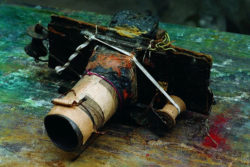 About the photos: ‘Miroslav Tichý was a photographer who from the 1960s until 1985 took thousands of surreptitious pictures of women in his hometown of Kyjov in the Czech Republic, using homemade cameras constructed of cardboard tubes, tin cans and other at-hand materials… Of his technical methods, Tichy said, “First of all, you have to have a bad camera”, and, “If you want to be famous, you must do something more badly than anybody in the entire world.”‘
About the photos: ‘Miroslav Tichý was a photographer who from the 1960s until 1985 took thousands of surreptitious pictures of women in his hometown of Kyjov in the Czech Republic, using homemade cameras constructed of cardboard tubes, tin cans and other at-hand materials… Of his technical methods, Tichy said, “First of all, you have to have a bad camera”, and, “If you want to be famous, you must do something more badly than anybody in the entire world.”‘
Right up my street. More photos at Michael Hoppen Gallery. And isn’t his camera glorious?
–Laura Agustín, the Naked Anthropologist

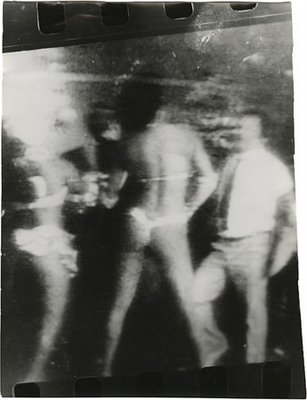




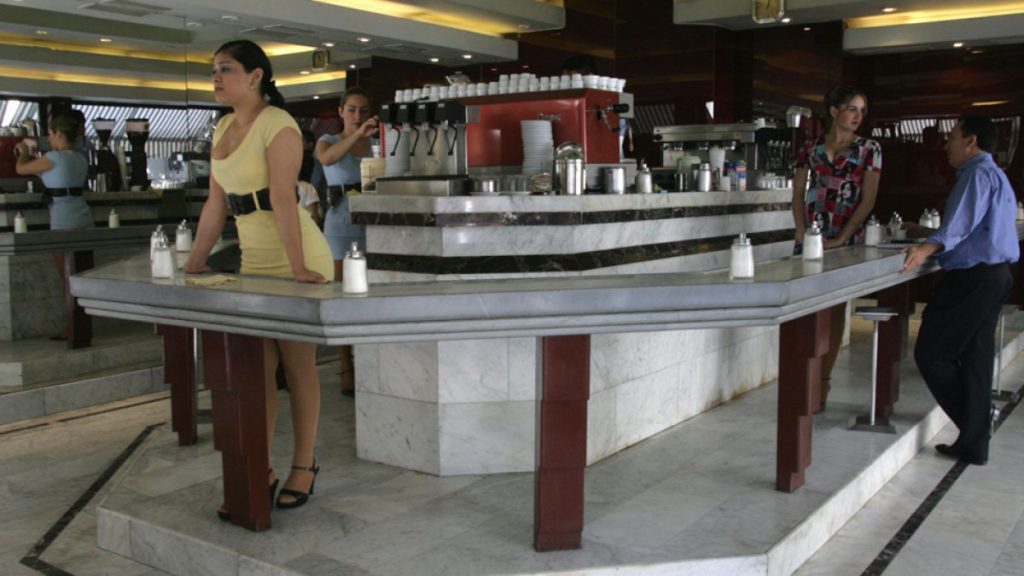

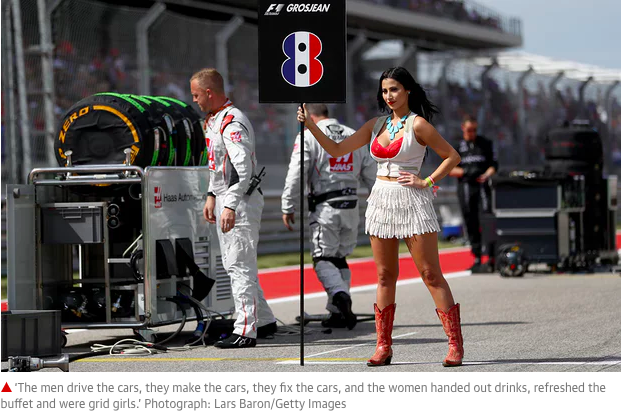



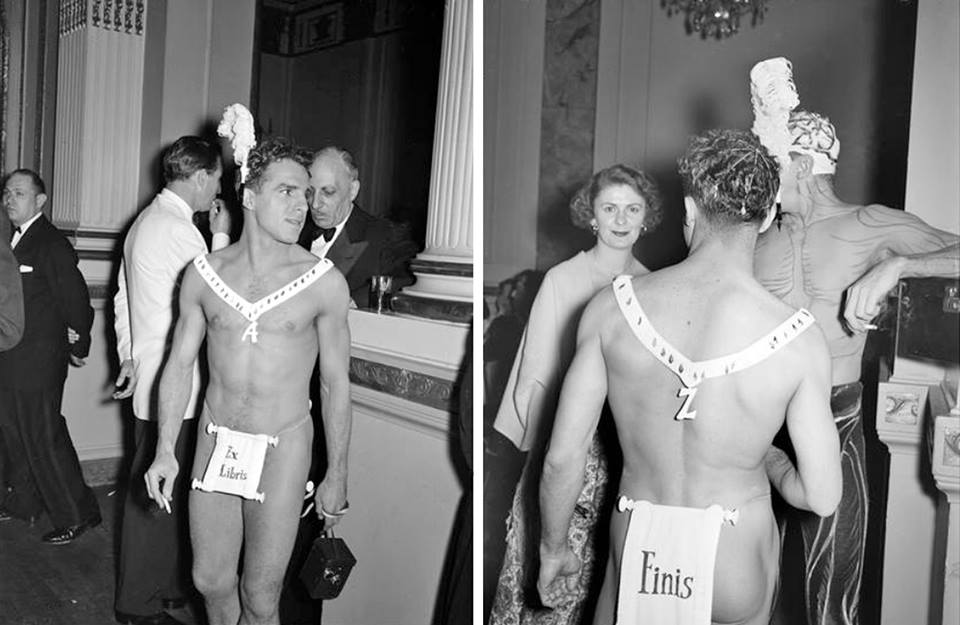







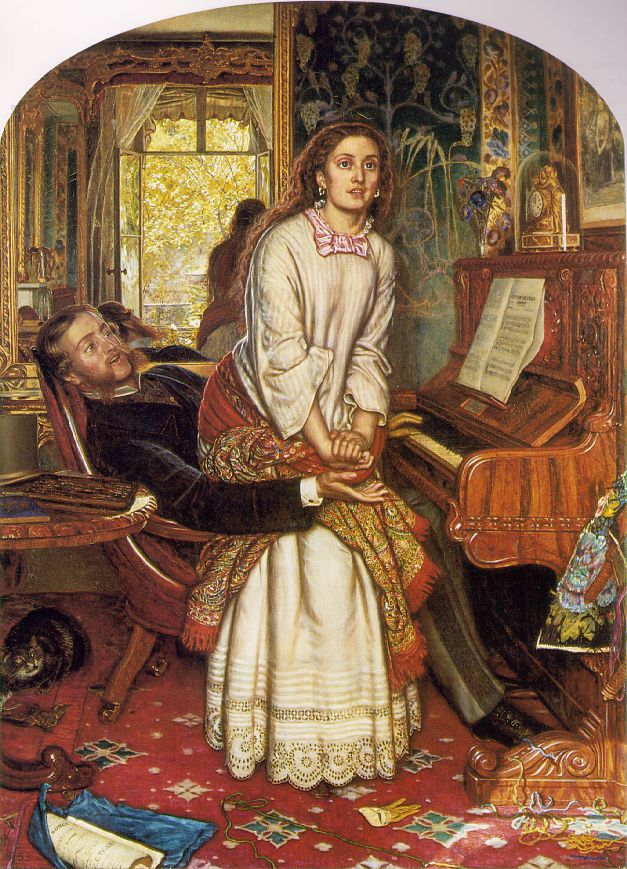
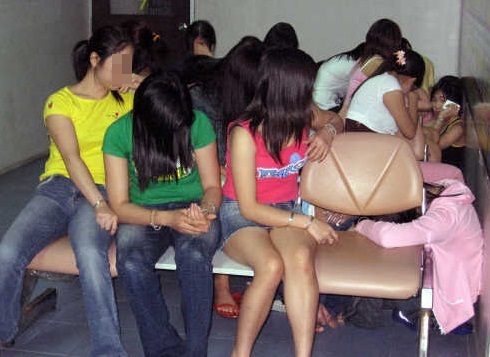

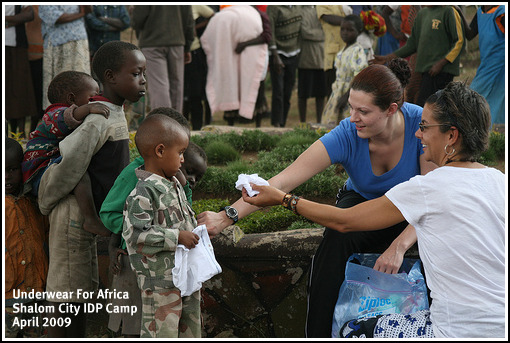

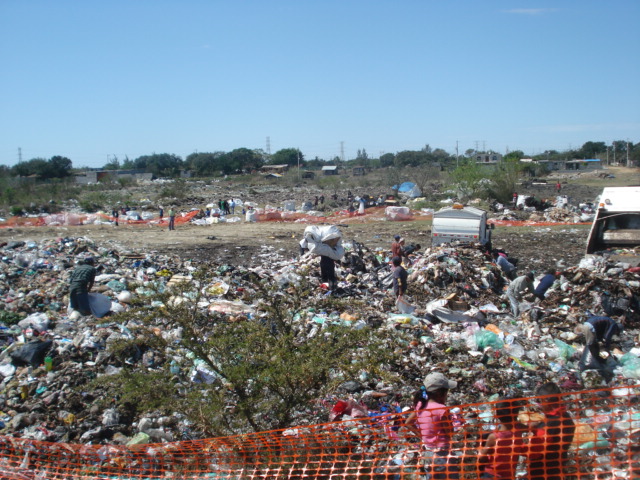

 Recently a
Recently a 